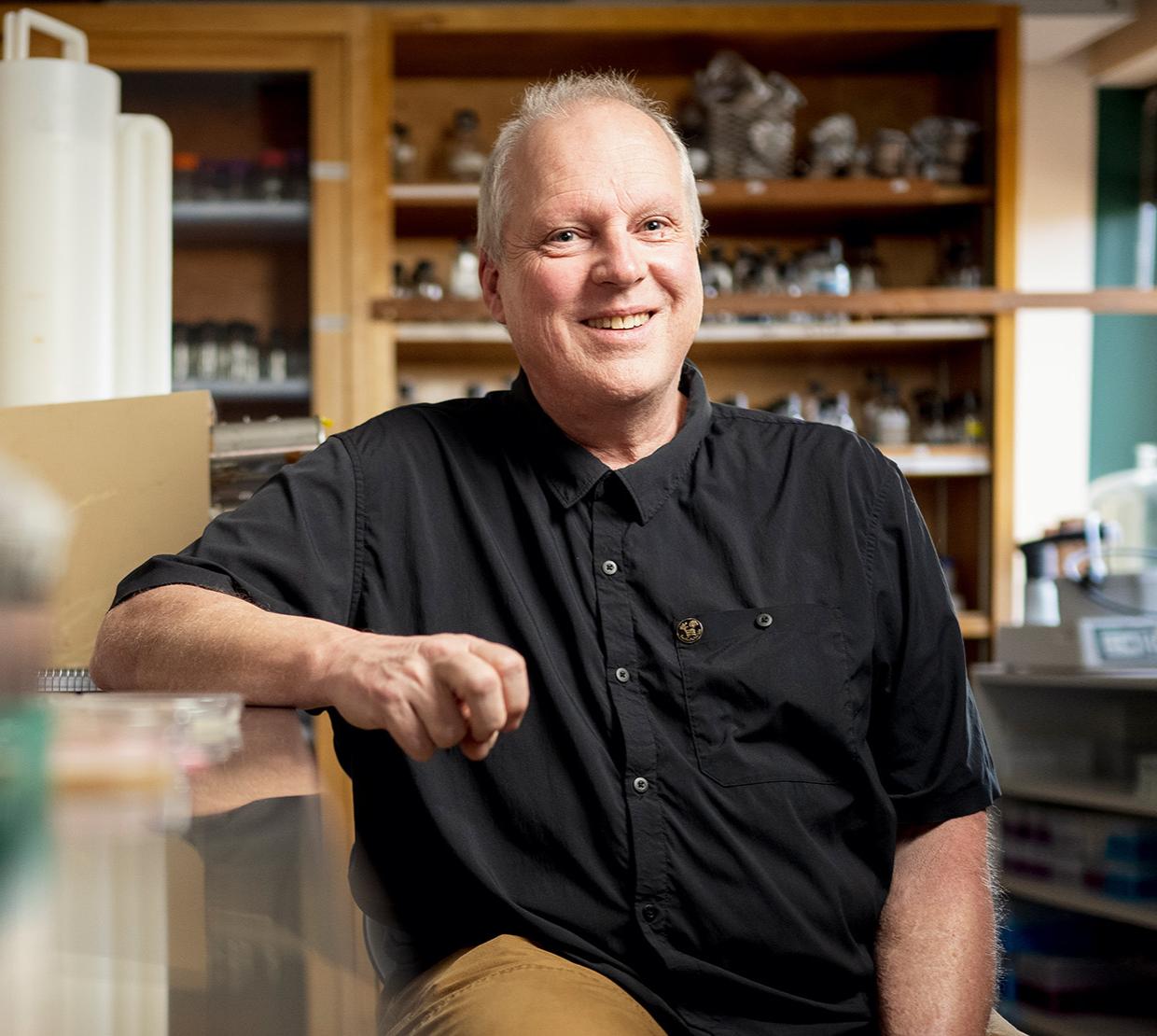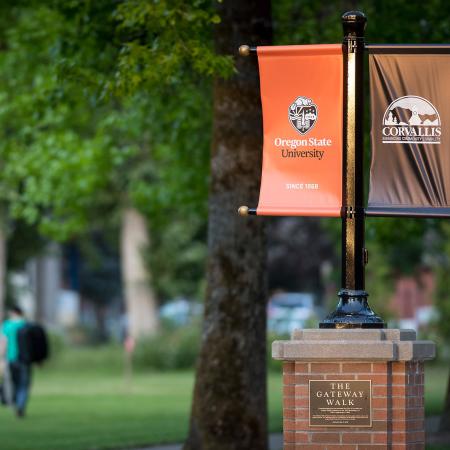Congratulations Michael Freitag, University Distinguished Professor!
The title of University Distinguished Professor is given to current OSU faculty members who have achieved national and international distinction for their contributions in research and creative work, teaching and mentoring, public engagement, and service.
The Freitag lab aims to understand how genome defense systems and epigenetic silencing phenomena shape and maintain eukaryotic genomes and "epigenomes". Epigenomes are the sum of differential DNA or protein modifications that result in heritable chromatin states not encoded in the DNA sequence. Posttranslational modifications of chromatin proteins play an important role in all aspects of eukaryotic gene regulation. Evidence from cytological, biochemical and genetic studies suggests that transcriptionally silent "heterochromatin" is distinct from active "euchromatin" in both DNA composition and epigenetic modifications.
In many eukaryotes, constitutive heterochromatin is predominantly assembled from repeats of active or mutated transposable elements (TEs) and thus appears to result from the action of genome defense and gene silencing systems. Extended, constitutive heterochromatic regions are associated with centromeres, telomeres and ribosomal DNA repeats, but short dispersed regions of constitutive heterochromatin are common in many organisms, including filamentous fungi. While heterochromatic regions have been assigned structural functions, e.g. as spindle attachment points during cell division, relatively little is known about their evolutionary roles. The Freitag Lab address evolution and function of constitutive heterochromatin by comparative biology, using fungi as their model system.




